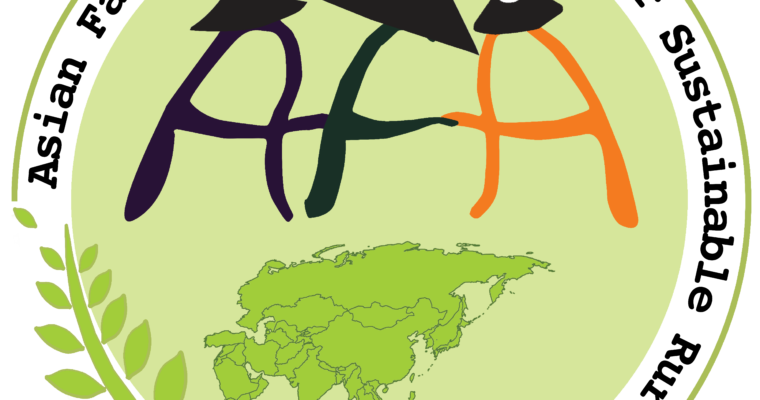Civil society organizations from Asia and the Pacific concluded a two-day meeting today in Nadi, Fiji, where FAO is convening the 34th Regional Conference for Asia Pacific – #APRC34. The CSO consultation aims to concentrate positions among the civil society organizations in anticipation of their contributions to discussions at the APRC – a biennial gathering of some 46 FAO member countries from across the region.
While the APRC is a formal meeting of FAO’s member countries in Asia and the Pacific, CSOs are invited as observers, to make interventions during the Conference. In the Asia-Pacific region, the CSO consultation process has evolved since 2010 with broad-based support from the regional civil society community and FAO.
“Civil Society Organizations have a major role to play in ensuring the public is aware of issues that may affect their lives. Bringing CSOs to the APRC also broadens the discussions of our member countries – and that is to the benefit of us all,” said FAO Assistant Director-General and Regional Representative for Asia and the Pacific, Kundhavi Kadiresan, during remarks to the CSO meeting. “FAO takes your concerns, your views, and your recommendations very seriously. Indeed they help us when assisting our member countries to achieve zero hunger, better nutrition and an end to poverty,” she added. Kadiresan pointed out that the consultation complements FAO’s efforts at advocating for a holistic food system approach to address the challenges the world faces to feed a growing population without compromising the environment and our future generations.
Given that the APRC is being held in a Pacific island country for the first time in more than 20 years, the issues facing CSOs from the Pacific have taken on prominence, and were actively engaged in the discussions.
“We want FAO and the member countries to acknowledge that farmers and farmer organizations are active partners working with the public sector to achieve sustainable agriculture and food security, and not just mere beneficiaries of the agriculture development initiatives led by the government and development partners, and we are ready to play that role,” Kyle Stice, Pacific Island Farmers Organization Network said during the CSO consultation.
“Increasing domestic food production with due attention to climate resilient traditional staple and indigenous vegetables is a key for our future food security in the Pacific” said Maria Linibi, PNG Women in Agriculture Development Foundation, sharing her organization’s successful initiative to promote indigenous vegetables in PNG.
The CSO meeting has attended more than 30 participants from some 24 organizations. The participants represent various constituencies including small-scale producers, fisherfolks, pastoralists, indigenous peoples or landless organizations, rural and agricultural workers, woman and youth organisations and NGOs.




Comments are closed